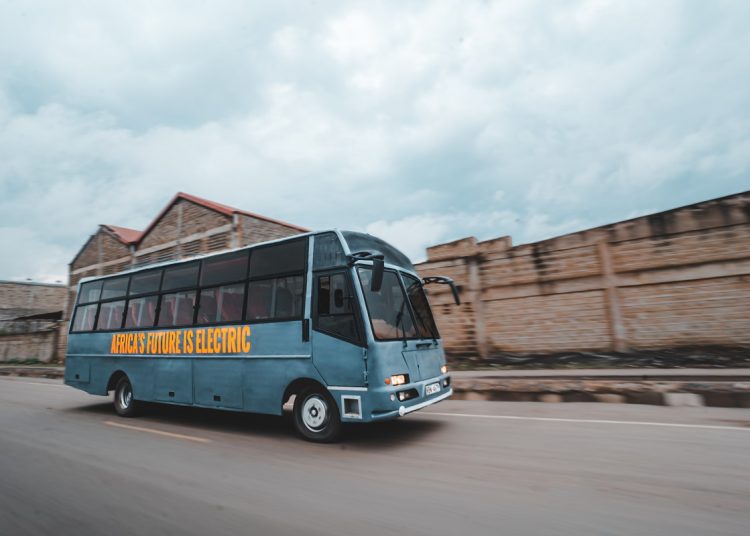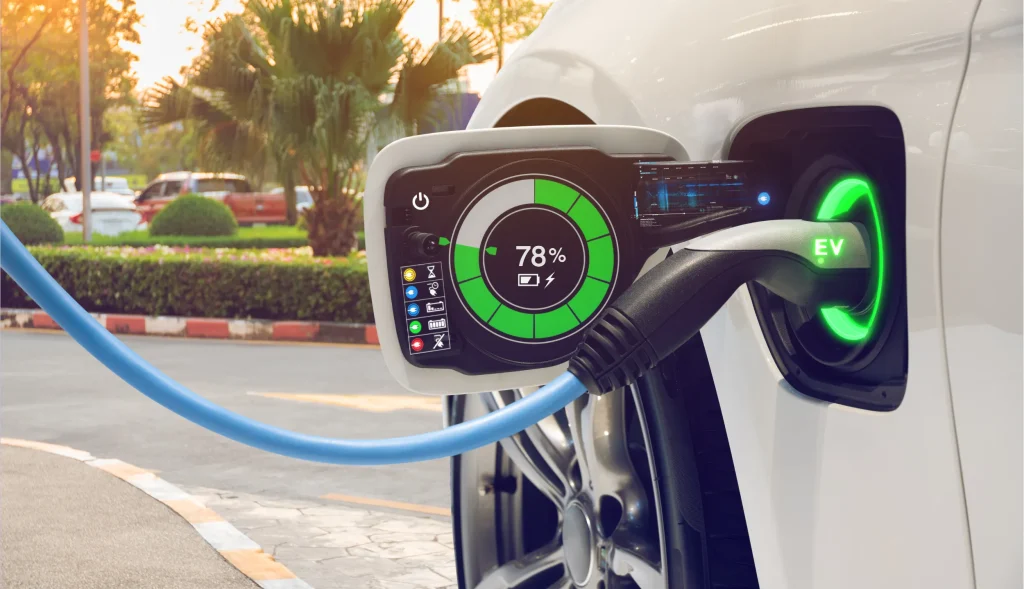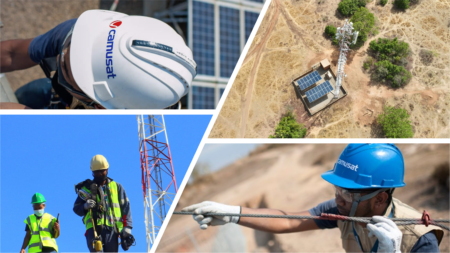- eWAKA offers clients vigorous IT capabilities to support their transportation management efforts with real-time tracking of vehicles, performance metric monitoring and geofencing
- Options by eWAKA EV mobility will marginally decrease pollution caused by greenhouse gases, carbon dioxide and noise
- eWAKA’s services address frustrating and disruptive mobility experiences by offering a sustainable solution that will increase connectivity and improve efficiencies
eWaka is an African new market entrant that is transforming cities and communities by offering accessible, affordable and sustainable forms of personal mobility to enhance economic prospects in Sub-Saharan Africa.
On March 16, eWaka officially launched a green response to Africa’s expanding transportation requirements and is currently fundraising to develop a local African assembly facility and further expand the existing IT capabilities for increased client security and improved operating performance of their vehicles.
eWaka’s portfolio consists of a comprehensive network of electric vehicles (EVs) serving different sectors distributed across delivery companies, healthcare providers, hotels, and universities. Their Vehicle options include electric Boda Bodas, locomotives that form the backbone of the local delivery sector in Africa. The Africa Report states that there are 1 million motorcycles on the roads in Africa.
Read: OPIBUS challenges Kenya’s electricity generation with EV production increasing
Rideshare options of eWaka include electric kick start scooters and bicycles. eWAKA’s sustainable response ‘to the last mile’ specific transport and delivery challenges will enhance transportation companies’ financial and operational performance.

- Low electricity prices as compared to fuel
- Off-grid solar power system solutions
- An overall low maintenance cost.
eWAKA’s strategic development plans include establishing an African production facility to assemble components of the highest standards provided by international manufacturing partners.
eWAKA offers clients robust IT capabilities to support their transportation management efforts, including an online and mobile-based app that enables real-time tracking of vehicles, performance metric monitoring and geofencing for remote immobilization.
After the current fundraising round is closed, eWAKA will expand its robust IT capabilities further.
“We are extremely pleased to have officially launched eWAKA. There is tremendous growth potential in providing Africa with increased access to electric vehicle options,” said Celeste Vogel, the co-founder, Chief Executive Officer and General Counsel of eWAKA.
Read: Zero-emissions electric bikes target replacing Kenya’s petrol motorcycles
Celeste Vogel said that eWAKA’s planned services would address frustrating and disruptive mobility experiences by offering a sustainable solution that will increase connectivity, improve efficiencies and offer safe, environmentally-friendly transportation.
“For 2022, we are excited about signing new customer agreements, expanding our offering and securing a strategic investor to accelerate eWAKA’s growth plans,” Vogel added.
Over-reliance on fossil fuels and current geopolitical tensions have reemphasized the need to rapidly adopt alternative sources of sustainable, reliable and affordable mobility.
As oil prices continue to pump every day, attributed to the intensifying fight against climate change by 2030 and the current war between Russia and Ukraine, the adoption of electric vehicles appears inevitable.
eWAKA EV Mobility is spearheading sustainable mobility to enhance Africa’s economic prospects by harnessing the power of electric vehicles. eWAKA’s services address frustrating and disruptive mobility experiences by offering a sustainable solution that will increase connectivity, improve efficiencies and offer safe, environmentally-friendly transportation.
The Electronic mobility market in Africa is intensifying in Africa, specifically in Kenya, Egypt and South Africa.
South Africa has the most developed e-mobility market in Africa, with Statista counting about 1,000 electric vehicles (EVs) in 2022.
In Kenya, other companies in e-mobility are OPIBUS and Fika Mobility. Currently, there are approximately 350 cars on the roads, with the country targeting to convert all cars to electric vehicles to reduce air pollution.
OPIBUS extends from Kenya to the rest of Africa.

Over the last five years, OPIBUS has also been converting petrol and diesel engines to electric powered ones, proving a big challenge as it costs roughly $39,000 for the conversion.
e-mobility in Egpyt.
President Abdel Fattah El Sisi said on January 21 that his government is in talks with two Chinese companies to partner with El Nasr Automotive to produce locally assembled electric vehicles by 2023. General Motors are willing to invest approximately US$35 million in Egypt by 2025.
Read: Driving into the future: electric cars in Africa











